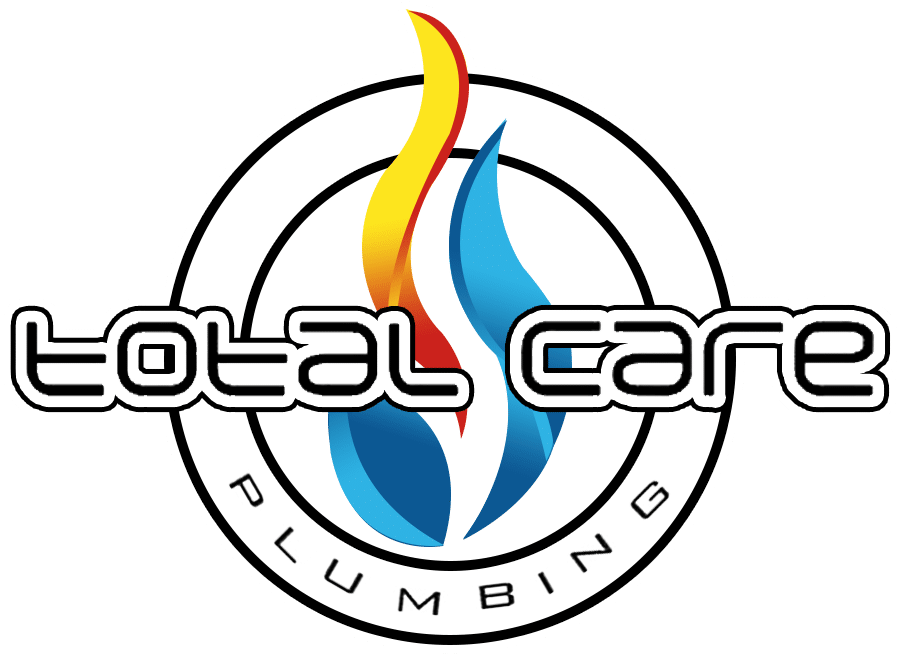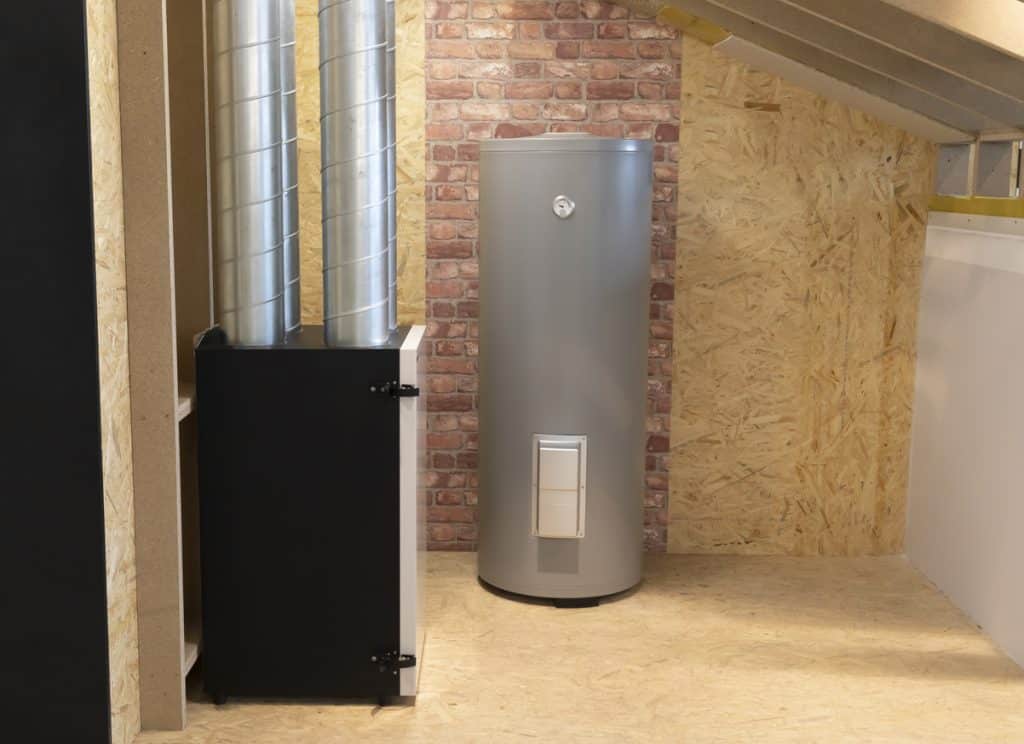Water heaters are crucial to ensuring you have a functional and comfortable home year-round. We rely on our water heaters for bathing, washing dishes and clothes, and other household chores. When something goes wrong with your water heater, it can bring your day to a halt and even threaten your home’s safety. Understanding their basic operation and potential hazards can enable you to keep your home and family safe from common water heater issues.
1. Get Regular Maintenance
Conduct regular maintenance and inspections to ensure your water heater operates efficiently and safely. This includes checking the pressure relief valve, which is crucial for preventing excessive pressure buildup that could lead to explosions. An annual inspection by a qualified technician can identify and mitigate potential hazards like faulty wiring or gas leaks.
2. Keep It Clear
It’s hard to sacrifice valuable storage space, which is why many homeowners don’t follow recommended operator instructions for clearance. However, you should always keep the area around water heaters clear. Leaving at least a few feet of open air reduces risk of fire and makes it easier to access the unit for repairs or maintenance. This also helps in preventing overheating and promotes better air circulation for gas units.
3. Watch for Leaks
Leaking water heaters pose serious risks, from structural damage to the potential for mold and mildew growth. Regularly inspect your unit for any signs of leakage, including water pooling at the base, dampness on the walls, or corrosion around the fittings. Early detection of leaks can prevent significant damage and health issues
4. Turn Off Unit When Appropriate
Knowing when and how to safely turn off your water heater is essential, especially during certain activities that release flammable gases or when you’re away for extended periods. Shutting off the unit can prevent accidents related to gas leaks or electrical issues. Familiarize yourself with the shutdown procedures for both emergency situations and routine maintenance.
5. Monitor Water Quality
Changes in water quality, such as discoloration, odor, or taste, can indicate problems with your water heater or supply. Sediment buildup can also affect water quality and heater efficiency, leading to overheating and premature failure. Regularly flushing the tank can help remove sediment and maintain water quality.
Ensure Your Water Heater’s Safety and Efficiency
The best way to be sure that your water heater isn’t posing a safety hazard is to keep it clean, maintained, and in good repair. Homeowners in Grand Forks, ND can count on Total Care Plumbing for all kinds of essential plumbing needs, including water heater repair, so contact us today to learn more about the solutions available.






